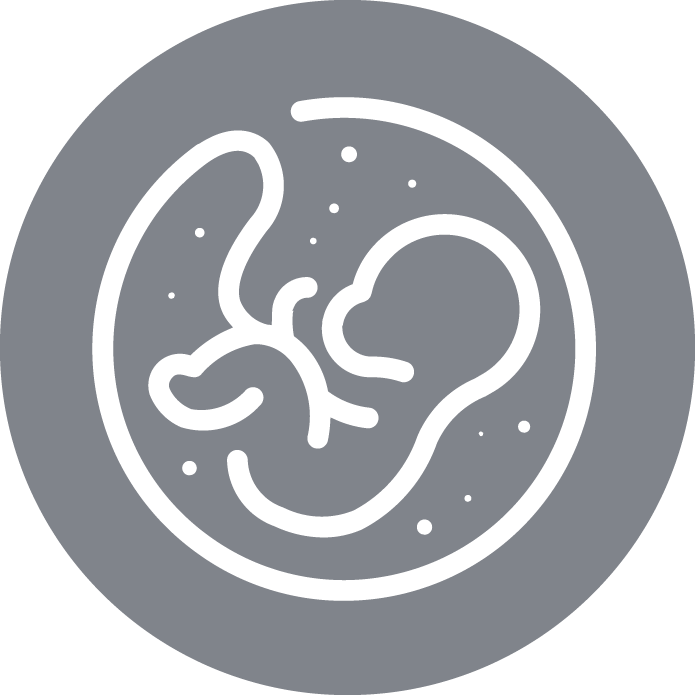Chemotherapy used to treat testicular cancer can cause genetic changes in sperm and may last longer than 4 years
Now that gamete freezing has become a safe and successful technique, oncologists, andrologists and gynaecologists are prescribing it as an option for cancer patients of reproductive age. This is because, fortunately, in many cases the cancer is cured and the patient's life continues.
The harmful effect of cancer treatments on fertility had already been scientifically described many years before vitrification was introduced in laboratories. This technology made it possible for technicians to deep-freeze gametes without their structures being damaged by crystallisation. As science continues to advance, however, it is presenting us with more evidence as to why it is essential to preserve fertility before chemotherapy treatment if one wishes to become a father or mother in the future.
The genes in sperm are expressed or silenced through a process called epigenetics, mainly due to the inclusion of methyl groups in their DNA. Until now, it was unknown whether the sperm methylome could be altered following an anti-cancer process in humans. A recent publication by a team of researchers from IVI Barcelona entitled “Sperm DNA methylome changes in testicular cancer patients following chemotherapy treatment,” and presented at the 40th ESHRE Congress compared the methylome before and after undergoing chemotherapy. They concluded that the DNA had undergone changes, thereby affecting their gene expression as well.
“The results were clear: after isolating the sperm DNA, functional enrichment analysis of the affected genes identified 65 differentially methylated regions. Specifically, the study has shown that the most affected biological processes are the regulation of macromolecule biosynthetic processes, hormone receptor binding and the signalling pathways that regulate stem cell pluripotency and cancer pathways,” explains Dr Marga Esbert, Project supervisor.
The entire scientific community knew that cancer treatments greatly impacted fertility because the spermatozoa were target cells. However, they believed that sperm numbers and sperm genetic integrity could be restored over time. This research has shown that sperm epigenetics do change and that their modifications are still present even 4 years after cancer treatment.
Low Incidence and High Survival, the Key to Preserving Fertility
Testicular cancer has a low incidence (1%) and a high recovery rate of around 95%, which is why doctors generally recommend preserving semen samples if patients are of reproductive age. “Good medical counselling is essential, as unfortunately there are patients who cannot generate sperm again after overcoming cancer. Our data suggest that the treatment could induce changes in DNA with unknown consequences," the researcher concludes.
If you are interested in fertility preservation and want to train or refresh your knowledge in this field as a reproductive professional, click here and discover all IVIRMA Education programmes.



